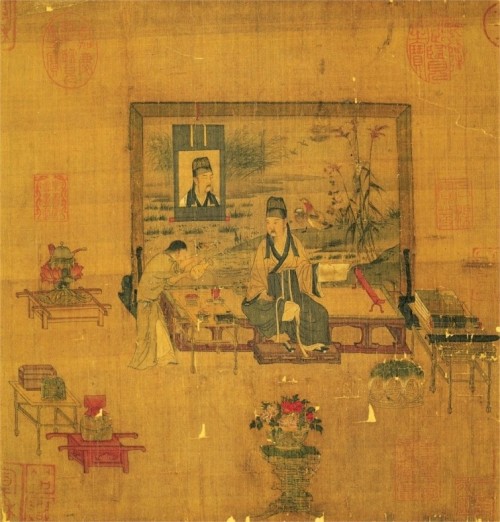In fall 2000 I first encountered Robert Aitken Roshi with his book, The Dragon Who Never Sleeps, a collection of scores of four-line poems, or gathas. Nine years later, I read his Miniatures of a Zen Master, which served me as a model text —compressed, no excess verbiage, just the pith. Among Aitken’s inspirations were Thoreau’s journals, and Bashō and Kenkō’s prose works. In my journal, I wrote “Merge Aitken with Galeano. This is the path. Write one book, 130 chapter titles….His table of contents is an inspiration, for a terse, spare next book.”
The result several years later was Dear Layla Welcome to Palestine. While Aitken wrote in short paragraphs, I typically composed in short stanzas: transfigured recollections, meditations, lists, stories I carried around for thirty years. He was a beneficent influence in the generation and shaping of the novel.
Here are some of my favorite Aitken miniatures …
_____________________
A lot of us start out on the practice because we don’t accept ourselves fully. Under good tutelage we find ourselves in a process of forgetting ourselves, and realize that this is really the way to uncover the unique one that has been there all along. Give the Tao a chance. Give yourself a chance. [17]
Yammamoto Gempo Roshi used to say, “There is no murder worse than the killing of time.” He devoted an entire teisho to this topic, reading aloud from the crime section of the newspaper. So-and-so knifed his wife and children. So-and-so ran amok at his workplace. After each item, he would repeat his theme, “There is no murder worse than the killing of time.” Indeed. Let’s make that our theme as well. [19]
Itadakimas is an important word in the Japanese language. Literally, it means, “I place this over my head,” and is translated as “I humbly receive.” It is the blessing which all Japanese, from the day laborer to the prime minister, intone before a meal, even a snack. It is the saving grace of Japanese culture. [68]
Gasshō is the Japanese equivalent of the Sanskrit Anjali. It is the greeting, palm to palm, found among people throughout Asia, from the Dalai Lama to the Singhalese peasant, from the Pakistani weaver to the Japanese business executive. One palm is you and the other is me, and we are together. [45]
“Upright Livelihood” is a step on the Eightfold Path. The Buddha warned that the job of guarding prisoners is not upright. Incredibly, there are two million people or more in prison in the United States today. It would take massive deviation from the Eightfold Path to keep the system going. No wonder people call Buddhism unrealistic. [69]
It is important to study the Dharma in translations form the Sanskrit, Chinese, and Japanese, even if you can’t make yourself conversant in those languages. There are also worthwhile English commentaries on the Dharma, and there are Western writers from Shakespeare to Wallace Stevens who know what’s what clearly and creatively. Ikkyū Sōjun Zenji said the book burner is Māra, the Evil One, personified. If your teacher says, “Don’t ever read,” find yourself another teacher. [80]
I met a Catholic sister in Japan who did zazen under the guidance of Yamada Roshi. One day she asked him, “What shall I do about God?” He replied, “Put God on the shelf for a while.” Wise advice! Without using any name, her sacred imperative would resolve her question. [87]
“Love” is an overused word that we find in countless everyday usages, from comic opera to postage stamps. Yet it remains important in pillow talk, in interaction with children, and among close friends in correspondence. It is your responsibility and mine to limit its usage and thus keep it alive. [118]
As a boy I read about the complete extermination of the original people of Tasmania. I remember reflecting that I would find such a land to be barren—and I couldn’t live in such a place. There I was in Hawai’i, oblivious of a history of desecration that differed only in degree from the loss in Tasmania. There I was in the United States, where entire flesh-and-blood cultures are remembered only in museums. It is all too easy to be oblivious to one’s own involvement. [134]
One of my school mates at the University of Hawai’i was Norman Chung, scion of a prominent business family. He carried a 4.0 grade-point average while serving as editor of Ka Leo, the weekly student newspaper. One day I asked him how he did it, and he said, “I have a simple weapon. It’s called ‘Reading the Book.’” Simone Weil would have loved that response. [181]
